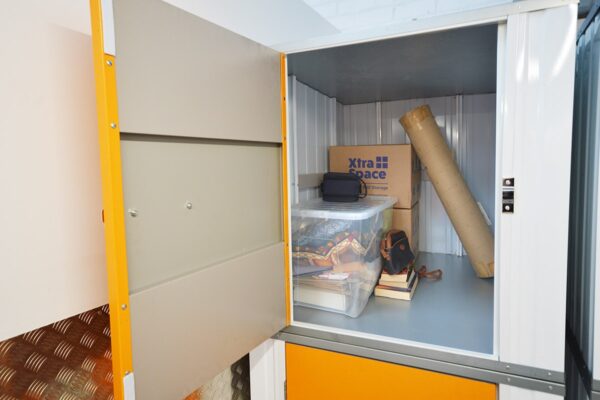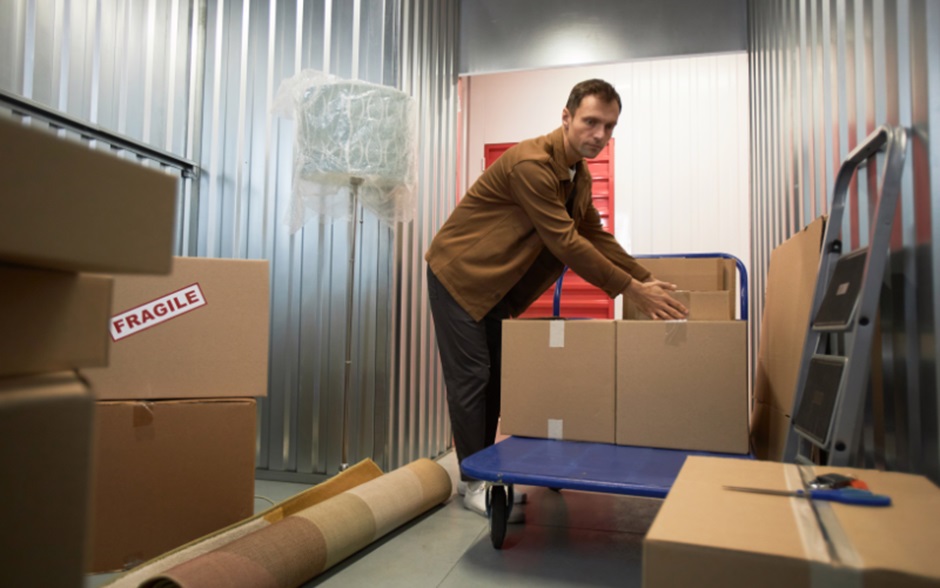When running a business, ensuring that stock, equipment, or important documents are stored safely can be a challenge. This is where temporary self-storage can become a practical solution. For businesses that may face seasonal stock changes or limited office space, opting for small storage space for rent can make all the difference. However, before committing to rent self-storage, it is essential to understand a few key considerations.
Assessing Your Storage Needs
Before committing to temporary self-storage, evaluate how much space you require is necessary. Some businesses may only need a small storage space for rent, while others may require extra storage in Singapore to accommodate more substantial inventory. The goal is to avoid overestimating or underestimating your needs, which can lead to unnecessary expenses or insufficient space for your goods. Think about how frequently you’ll need access to the stored items and how long they’ll stay in storage. Opting for flexible rental terms can give you the agility to adjust storage size as your business requirements evolve.
If you store perishable or sensitive goods, it’s essential to choose a unit with climate control. Keeping this in mind will ensure your stock remains in perfect condition regardless of external weather conditions.
Location and Accessibility
Where the temporary self-storage facility is located is just as crucial as the space itself. Choosing a facility near your business can save valuable time when frequently accessing stored items. Consider how often you’ll need to access your storage. If you require regular entry, selecting a storage provider offering 24/7 access can be advantageous.
Apart from proximity, evaluate the accessibility of the storage facility. Check if they provide easy loading and unloading zones and whether you can drive to the unit. This could significantly reduce the time and effort spent transporting goods to and from the facility.
Security Features
When storing valuable business goods, security is a top priority. Ensure the self-storage provider you select offers robust security measures. Surveillance cameras, on-site personnel, secure locks, and gated access are some essential features that provide peace of mind.
Check if the facility offers insurance to cover any potential damage or theft. While temporary self-storage is generally safe, having insurance can help mitigate any possible losses. Always clarify the extent of coverage offered and what additional insurance options are available.
Flexibility and Costs
Many businesses look for cost-effective solutions for extra space storage in Singapore. However, it’s essential not to compromise on quality for a cheaper deal. Take the time to compare prices between providers but also consider flexibility. Some companies may offer discounts for long-term commitments, while others focus on providing short-term leases without tying businesses into lengthy contracts.

Aside from the base rent, it’s worth clarifying if there are additional charges. For example, are there fees for accessing the unit outside normal business hours? Will there be costs for climate-controlled units or higher levels of security? A clear understanding of pricing will help you budget effectively and avoid hidden fees.
Customisation Options
While many storage solutions are straightforward, some providers offer customisation based on your business’s needs. For example, if you store large items, you might require shelving or pallet racking to maximise the vertical space. Others may require electrical outlets or lighting within their units. Inquiring about these options early on can ensure that your temporary self-storage is tailored to your exact business needs.
Sometimes, providers can offer tailored solutions, such as additional insurance or higher security for sensitive items. These small touches can make a significant difference in protecting your business assets.
Cleanliness and Maintenance
While security and accessibility are often priorities, cleanliness and maintenance should not be overlooked. A poorly maintained storage facility can damage your stored goods over time. Always check for signs of pests, water leaks, or mould, and confirm how often the facility is cleaned and inspected.
Requesting a site visit before you rent self-storage can help verify the level of upkeep. Ensure the area around the unit is well-lit, properly ventilated, and free from debris. In well-maintained facilities, you’ll have peace of mind that your items are stored in a safe and clean environment.
Reviewing Contracts and Policies
Before signing up for a small storage space for rent, take the time to review the contract in detail. Each storage provider will have different terms and conditions, and it’s essential to understand the fine print. For example, is there a minimum rental period? What happens if you need to vacate the storage early?
Look for flexibility in cancellation policies and whether you can upgrade or downgrade your storage unit based on changing business needs. In some cases, having the option to switch to a larger or smaller unit during your contract can save both time and money.
Conclusion
Choosing the right temporary self-storage for your business requires careful consideration. Assessing your storage needs, choosing the right location, ensuring security, and reviewing contracts are all essential steps. Renting extra space storage in Singapore offers flexibility and security but always takes time to review all options before making a decision.
If you’re seeking reliable and secure storage for your business, contact Work+Store to explore solutions tailored to your needs.





